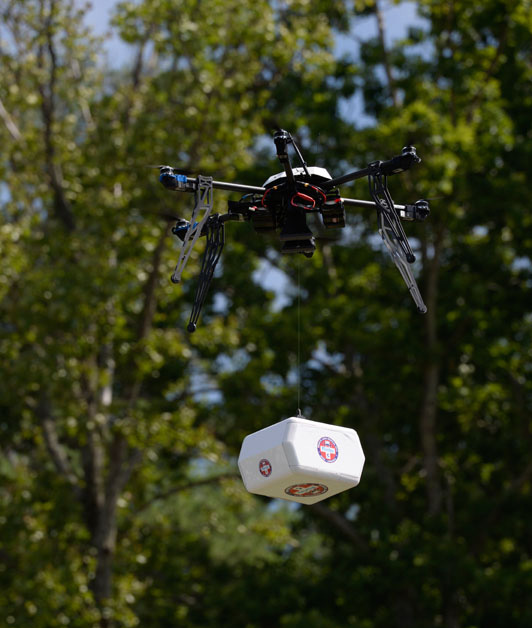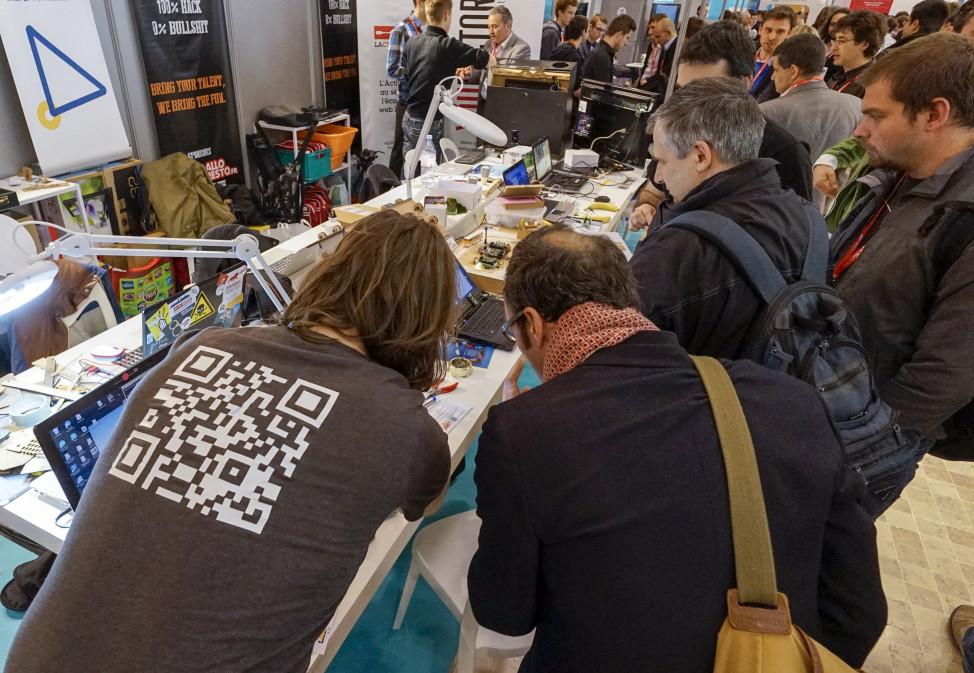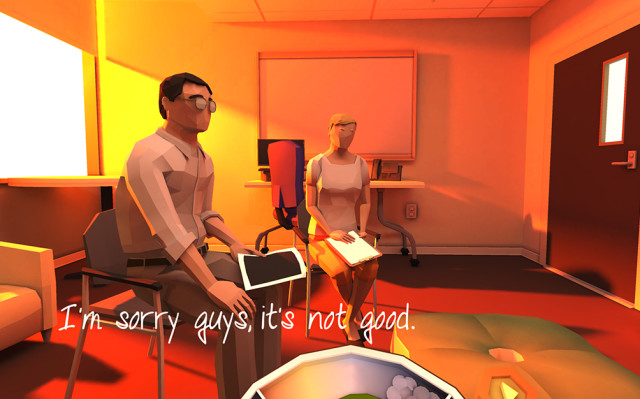Wrapping up its first ever crowdfunding campaign, the Tor Project is now looking to fine-tune its anonymizing network and spread the word about its popular Internet browser.
The $200,000 raised during the non-profit’s crowdfunding effort came as a bit of a surprise. The Tor Project is a non-profit research and education organization that runs the Tor anonymity networks. Tor is short for The Onion Router, a network of servers with nodes and relays that route traffic so that IP addresses, locations and identities of the users of the Tor browser remain hidden from surveillance and prying eyes.
“We didn’t know if we would be able to raise money in that way or if our community would support us, but they have,” the Tor Project’s Director of Communications and Public Policy Kate Krauss told Techtonics.
The campaign picked up some 5,265 new contributing supporters from all over the world. Krauss said this level of support shows that crowdfunding can be done successfully again in the future.
“There are a lot of different kinds of people who support Tor because there are a lot of people who support human rights, freedom of expression,” she said. “It resonates with a lot of different people.”
The crowdfunding campaign was an effort to diversify income sources. The Tor Project is partially supported by the governments of the United States, Germany and Sweden, as well as human rights programs and independent supporters.
Tor servers, run by volunteers, were hacked by the U.S. Federal Bureau of Investigations (FBI) more than a year ago to expose child pornography suspects who were using Tor to conceal their identities.
The repercussions of that incident are long gone, said Krauss.
The bug that was involved with that situation was fixed in mid-2014, so almost two years ago. And our software is very secure and safe to use.
Did that incident sour Tor’s relationship with its users? “Not really, no,” said Krauss.
We have a sort of ethical framework by which we like to see researchers conduct research. And our users understand that. And if that ethical framework has been violated, then the users are not happy.
The Tor Project is still debating where to spend the money. Some options include improving support or recoding some systems. “There are also programs that we’d like to test more,” said Krauss. “There are new privacy tools that we would like to spend money to develop and to finish developing.”
The organization will also continue to develop the Tor system to make it “as safe as possible for our users on an ongoing basis,” she said, and to find ways to get censored users online. There are also ongoing discussions to determine if Tor’s Android app – Orbot – will be developed for Apple’s iOS mobile operating system.
Recently integrated into Facebook’s Android app, Orbot hides the location of Facebook users who are worried about being identified.
“Their identity will still be public,” she said. “But it won’t be a situation where they will get a knock on the door because someone who is surveilling them finds out where they are physically located. And that matters because there are many activists in countries with repressive governments that actually do political organizing on Facebook.”
But making the app available to iPhone users is a little more complicated, said Krauss, because Android’s open source software is publicly accessible whereas Apple’s iOS software is proprietary.
In the coming year, the Tor Project is looking to collaborate with human rights organizations to help teach people how to use the Tor browser as safely as possible.
“We also want to make sure that people who make decisions about privacy understand what Tor is,” Krauss said. “Lots of people have never heard of Tor. And we want to spread the word not just to our users, but to people who make decisions about privacy and show them what Tor is and how to use it and why it matters.”











